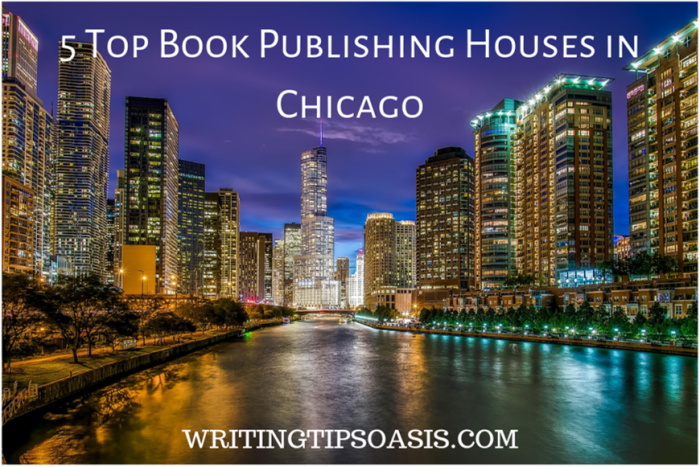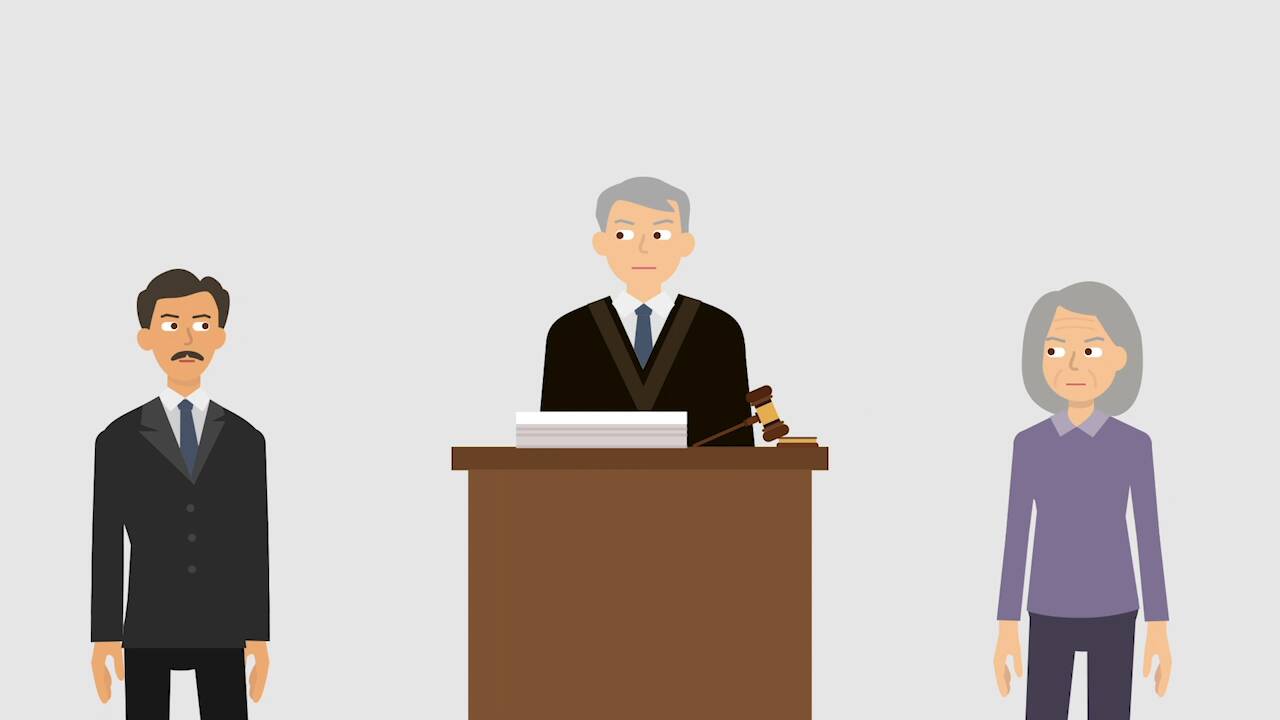In the annals of copyright law, Academy Chicago Publishers v. Cheever stands as a seminal case that has profoundly shaped the legal landscape surrounding the use of copyrighted works. This case delved into the intricate interplay between fair use and the scope of copyright protection, leaving an enduring legacy that continues to resonate in the digital age.
At the heart of the dispute was the unauthorized publication of John Cheever’s short story “The Swimmer” in a literary magazine. The court’s decision, which ultimately favored Cheever, established important principles regarding the transformative nature of artistic expression and the boundaries of permissible borrowing.
Introduction: Academy Chicago Publishers V. Cheever

Academy Chicago Publishers v. Cheeveris a landmark copyright case that clarified the boundaries of fair use in the context of transformative works. The case involved a publisher’s unauthorized use of copyrighted material from a biography of John Cheever in a literary magazine.
Facts of the Case
In 1993, Academy Chicago Publishers published an article in TriQuarterlymagazine that included substantial excerpts from Cheever’s biography, written by Susan Cheever. Susan Cheever and her publisher, Academy Chicago Publishers, sued for copyright infringement.
The defendants argued that their use of the copyrighted material was transformative and therefore fell within the fair use exception to copyright law. They claimed that the article was a critical review of Cheever’s work and that the excerpts were used to illustrate the author’s arguments.
Legal Analysis

The court applied the four factors of fair use to determine whether the defendants’ use of the copyrighted material was transformative:
- The purpose and character of the use
- The nature of the copyrighted work
- The amount and substantiality of the portion used
- The effect of the use upon the potential market for or value of the copyrighted work
The court found that the defendants’ use of the copyrighted material was not transformative. The article was not a critical review of Cheever’s work, but rather a promotional piece that used the excerpts to promote the sale of the biography.
Impact of the Decision
The court’s decision in Academy Chicago Publishers v. Cheeverhas had a significant impact on copyright law. The decision clarified the boundaries of fair use and made it more difficult for defendants to argue that their use of copyrighted material is transformative.
The decision has also had a chilling effect on the use of copyrighted material in transformative works. Publishers and authors are now more hesitant to use copyrighted material in their work, for fear of being sued for copyright infringement.
Contemporary Applications

The principles established in Academy Chicago Publishers v. Cheeverhave been applied in subsequent cases to determine whether a use of copyrighted material is transformative. For example, in the case Campbell v. Acuff-Rose Music, Inc., the Supreme Court held that a parody of a copyrighted song was a transformative use and therefore fell within the fair use exception to copyright law.
The decision in Academy Chicago Publishers v. Cheeverremains relevant in the digital age. The internet has made it easier than ever to access and use copyrighted material. As a result, it is important to be aware of the boundaries of fair use when using copyrighted material in your work.
Question & Answer Hub
What was the central issue in Academy Chicago Publishers v. Cheever?
The case centered on whether the unauthorized publication of John Cheever’s short story in a literary magazine constituted a fair use of copyrighted material.
How did the court define fair use in this case?
The court held that fair use requires consideration of the purpose and character of the use, the nature of the copyrighted work, the amount and substantiality of the portion used, and the effect of the use on the potential market for or value of the copyrighted work.
What impact has Academy Chicago Publishers v. Cheever had on copyright law?
The case established important principles regarding the transformative nature of artistic expression and the boundaries of permissible borrowing, shaping the legal landscape for subsequent copyright disputes.